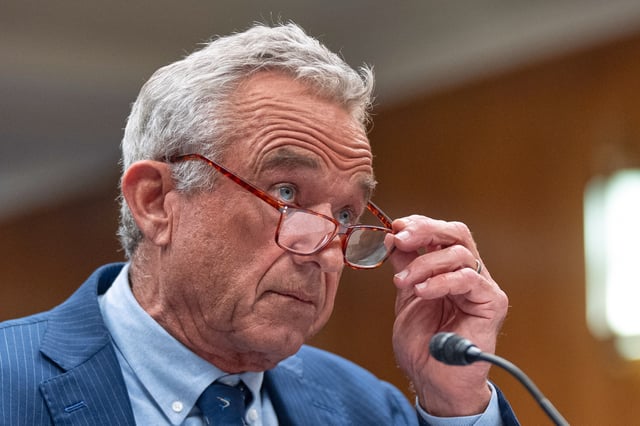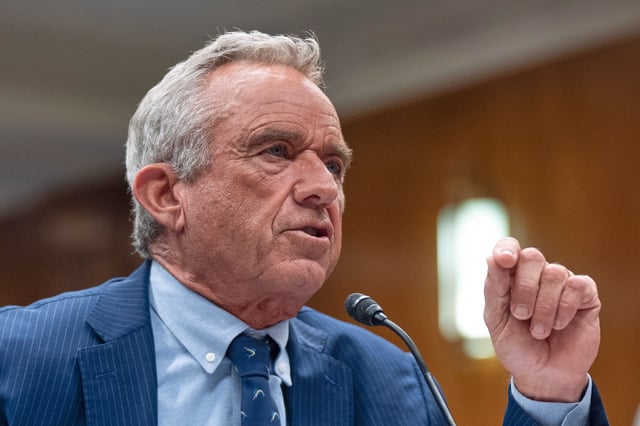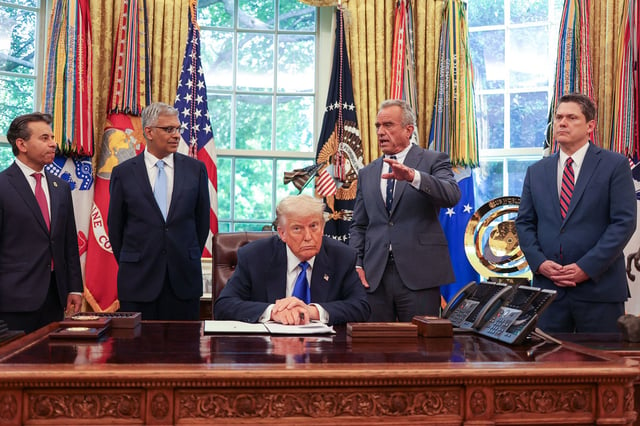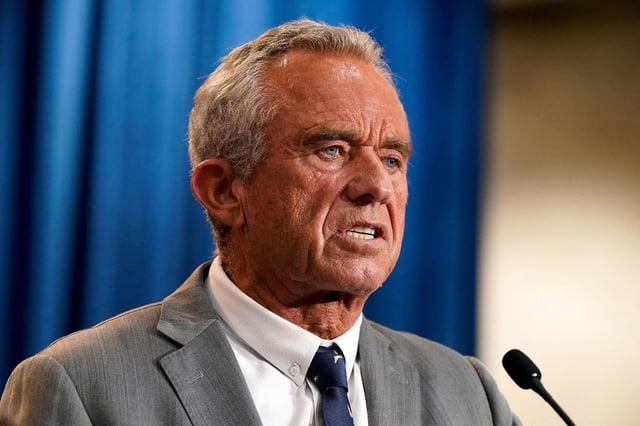Overview
- The 'Make America Healthy Again' report, led by HHS Secretary Robert F. Kennedy Jr., highlights rising chronic diseases in children, including obesity, autism, and mental health issues.
- Key contributors cited include ultraprocessed foods, environmental toxins like glyphosate, lack of physical activity, and overprescription of medications.
- The report calls for further research on childhood vaccine schedules, pesticides, and the long-term impacts of commonly prescribed pediatric drugs.
- A proposed $500 million budget increase for the MAHA initiative has been met with concerns over simultaneous cuts to other health programs, including infectious disease prevention.
- The commission has 100 days to deliver policy recommendations, with debates anticipated over balancing public health priorities and economic interests, particularly in agriculture.



